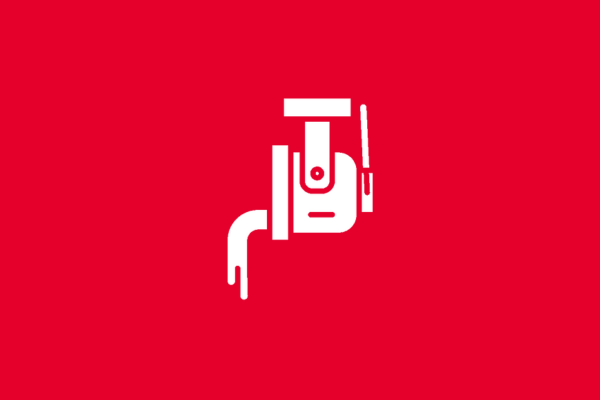• Characteristics and scope of the field, definition and overview of ceramic materials.
• Characterization of the structure and properties of ceramic materials with respect to their differentiation from metallic materials.
• Definition of chemical and phase components of ceramic materials, differences between glass and crystalline phases.
• Characterization of raw materials for the production of ceramic products, basic oxides and SiO2-Al2O3 systems.
• Phase equilibrium in ceramic materials, changes of phase composition with change of temperature, solids dissolution in the melt, reaction of solids.
• Technology of production of ceramic materials, modification of granulometric composition of raw materials mixtures, basic methods of shaping ceramics.
• Drying of ceramic materials. Safe and dangerous drying area, Bigot curve, temperature and time regime of drying, sintering of ceramic products, sintering reactions, sintering in the presence and absence of melt.
• General principles of choice of ceramic materials for industrial applications, traditional technical ceramic materials based on clay raw materials, properties and possibilities of their utilization
• Main types of refractory shaped dense materials according to chemical and phase composition and their properties.
• Main types of refractory non-woven materials according to chemical and phase composition and their properties.
• Thermally insulating ceramic materials. Method of production of light weight products.
• Application of ceramic materials in the metallurgy industry, materials for low-temperature and for high temperature applications.
• Characterization of the structure and properties of ceramic materials with respect to their differentiation from metallic materials.
• Definition of chemical and phase components of ceramic materials, differences between glass and crystalline phases.
• Characterization of raw materials for the production of ceramic products, basic oxides and SiO2-Al2O3 systems.
• Phase equilibrium in ceramic materials, changes of phase composition with change of temperature, solids dissolution in the melt, reaction of solids.
• Technology of production of ceramic materials, modification of granulometric composition of raw materials mixtures, basic methods of shaping ceramics.
• Drying of ceramic materials. Safe and dangerous drying area, Bigot curve, temperature and time regime of drying, sintering of ceramic products, sintering reactions, sintering in the presence and absence of melt.
• General principles of choice of ceramic materials for industrial applications, traditional technical ceramic materials based on clay raw materials, properties and possibilities of their utilization
• Main types of refractory shaped dense materials according to chemical and phase composition and their properties.
• Main types of refractory non-woven materials according to chemical and phase composition and their properties.
• Thermally insulating ceramic materials. Method of production of light weight products.
• Application of ceramic materials in the metallurgy industry, materials for low-temperature and for high temperature applications.
